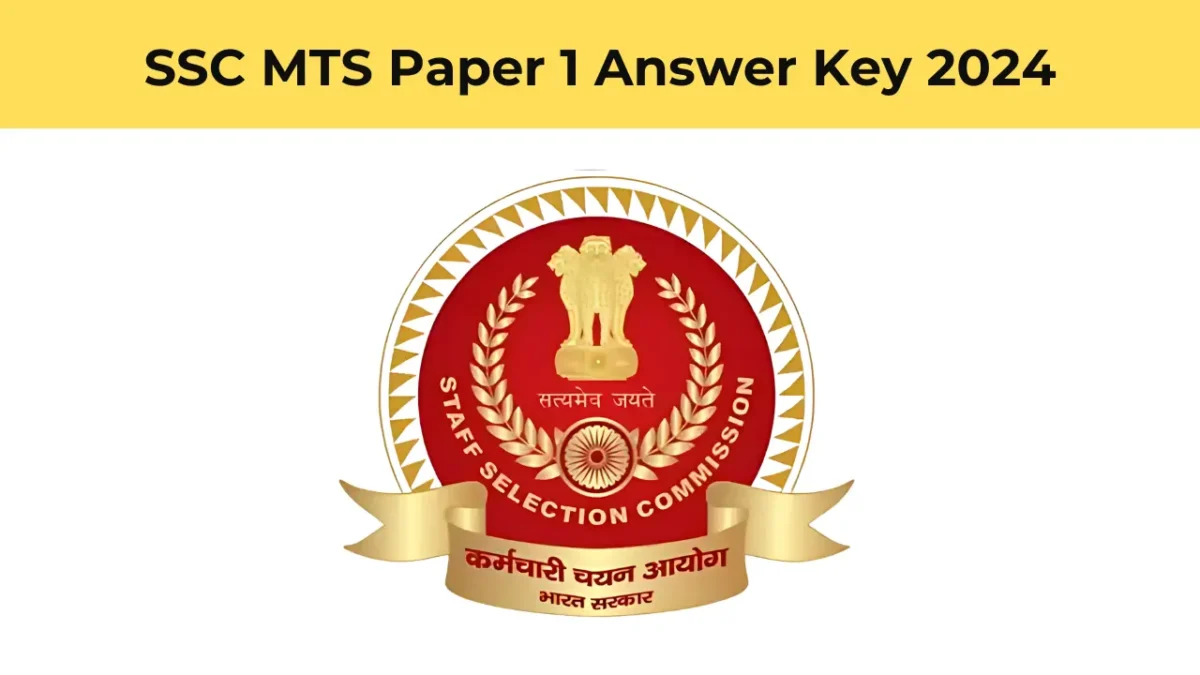The desire to pursue a career in medicine is a noble one, and for countless students in India, the gateway to this dream is the National Eligibility cum Entrance Test (NEET). This highly competitive exam serves as the single entrance for admission to various undergraduate medical courses (MBBS, BDS, etc.) across the country.
This in-depth guide equips aspiring medical professionals with all the essential information about NEET. We’ll delve into every aspect of the exam, from eligibility criteria and syllabus to preparation strategies and important resources.
Table of Contents
What is NEET?
The National Eligibility cum Entrance Test (NEET) is a standardized entrance exam conducted by the National Testing Agency (NTA) in India. It serves as the sole entrance for admission to undergraduate medical courses, including MBBS (Bachelor of Medicine and Bachelor of Surgery), BDS (Bachelor of Dental Surgery), BAMS (Bachelor of Ayurveda, Medicine and Surgery), and others, in all medical colleges (government and private) and deemed universities across the country.
Who can appear for NEET?
To be eligible to appear for NEET, you must meet the following criteria:
- Educational Qualification: You must have passed the 12th class examination from a recognized board with Physics, Chemistry, and Biology as compulsory subjects.
- Minimum Marks: There’s a minimum marks requirement (varies for different categories). For the general category, it’s 50% in PCB subjects (Physics, Chemistry, Biology) and 40% in aggregate in the 12th class exam.
- Age Limit: There’s no upper age limit for appearing in NEET. However, some states may have their own age restrictions for MBBS/BDS admissions.
Structure of the Exam
The NEET exam is a single-day, offline pen-and-paper based test conducted in 13 languages. It comprises three sections: Physics, Chemistry, and Biology (Botany & Zoology).
- Number of Questions: Each section has 50 questions (180 questions in total).
- Type of Questions: All questions are multiple-choice with four options, out of which only one is correct.
- Marking Scheme: Four marks are awarded for each correct answer, and one mark is deducted for every incorrect attempt. There’s no penalty for unattempted questions.
Syllabus of NEET
The NEET syllabus is based on the content covered in Class 11th and 12th NCERT textbooks for Physics, Chemistry, and Biology. It encompasses a vast range of topics across these subjects.
- Physics: Mechanics, Properties of Matter, Heat and Thermodynamics, Electricity and Magnetism, Optics, Modern Physics, etc.
- Chemistry: Physical Chemistry, Inorganic Chemistry, Organic Chemistry, etc.
- Biology: Zoology (Human Anatomy & Physiology, Animal Kingdom, etc.) and Botany (Plant Kingdom, Cell Biology, etc.)
Eligibility
Before embarking on your NEET journey, ensure you meet the eligibility criteria set forth by the National Testing Agency (NTA), the exam conducting body. Here’s a breakdown of the key requirements:
- Educational Qualification: You must have passed Class 12 (or equivalent) with Physics, Chemistry, Biology/Biotechnology, and English as mandatory subjects.
- Minimum Marks: A minimum score of 50% (40% for SC/ST/OBC categories) in Physics, Chemistry, and Biology is required in the qualifying exam.
- Age Limit: There’s no upper age limit for NEET, but minimum age criteria may vary depending on the college/university.
Preparation Tips for NEET
Cracking NEET demands meticulous planning, focused studying, and a strategic approach. Here are some valuable tips to help you ace the exam:
- Start Early & Build a Strong Foundation: Begin your preparation early, ideally in Class 11th. Focus on grasping core concepts thoroughly.
- Follow the NCERT Syllabus: The NEET syllabus strictly adheres to NCERT textbooks. Make them your primary study material.
- Practice Regularly: Solve previous years’ NEET question papers and mock tests to gain familiarity with the exam pattern and improve your time management skills.
- Join Coaching Classes (Optional): Consider enrolling in coaching institutes that offer structured learning, expert guidance, and additional resources.
- Maintain a Study Schedule: Create a well-defined study schedule that allocates sufficient time for each subject and incorporates breaks to avoid burnout.
- Focus on Revision: Regularly revise the concepts you’ve learned to solidify them in your memory.
- Stay Motivated: Surround yourself with positive influences and maintain a positive attitude throughout your preparation journey.
Important Resources for NEET
- Official NEET Website: https://neet.nta.nic.in/
- NTA Website: https://nta.ac.in/
- NCERT Textbooks: https://ncert.nic.in/
FAQs
When will the next NEET exam be held?
The NEET exam is typically held in May. The exact date for NEET 2025 has not been announced yet.
Is there negative marking in NEET?
Yes, there is negative marking in NEET. 1 mark is deducted for each incorrect answer.
What is the exam pattern for NEET?
The NEET exam is a 3 hour 20 minute offline exam with 180 objective type questions from Physics, Chemistry, and Biology.
How many times can you take NEET?
You can take NEET any number of times.
Is there an upper age limit for NEET?
No, there is no upper age limit for NEET.
Who can appear for NEET?
Candidates must be 17 or older and have completed 10+2 with Physics, Chemistry, Biology/Biotechnology, and English.
Who conducts NEET?
The National Testing Agency (NTA) conducts NEET.
What is NEET?
NEET stands for National Eligibility Entrance Test, for admission to undergraduate medical courses in India.
Discover more from Majhi Naukri | माझी नोकरी 2025
Subscribe to get the latest posts sent to your email.



1 thought on “What is NEET? Eligibility, Syllabus, Study Resources”